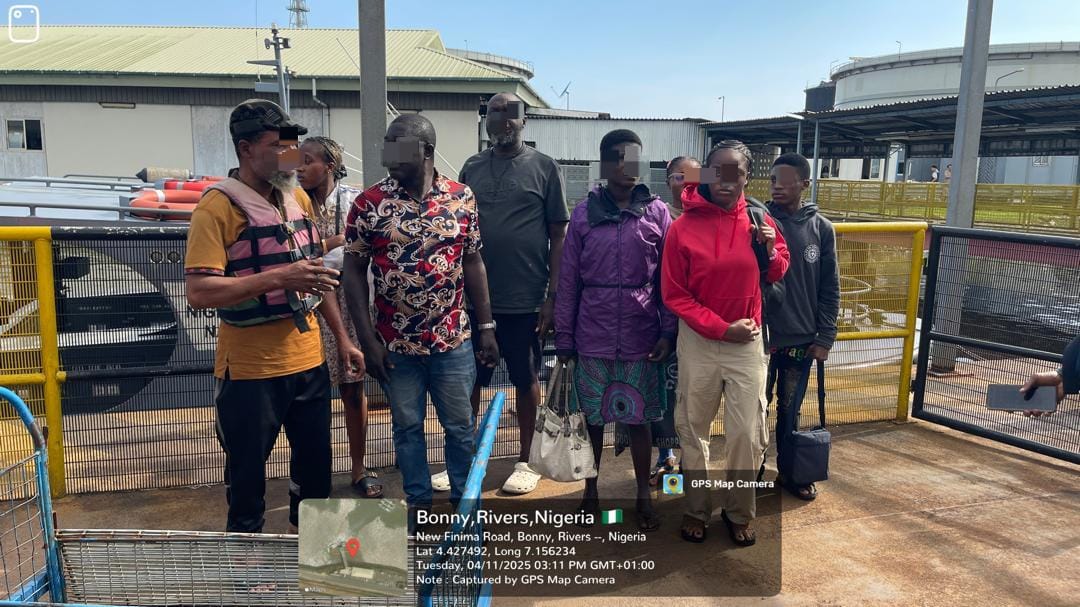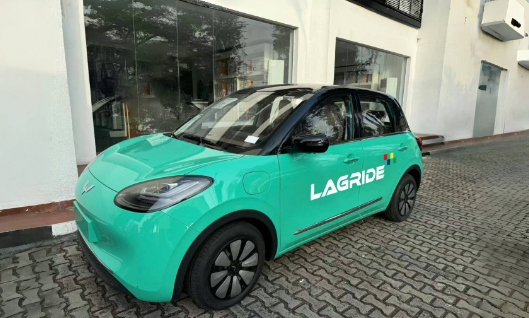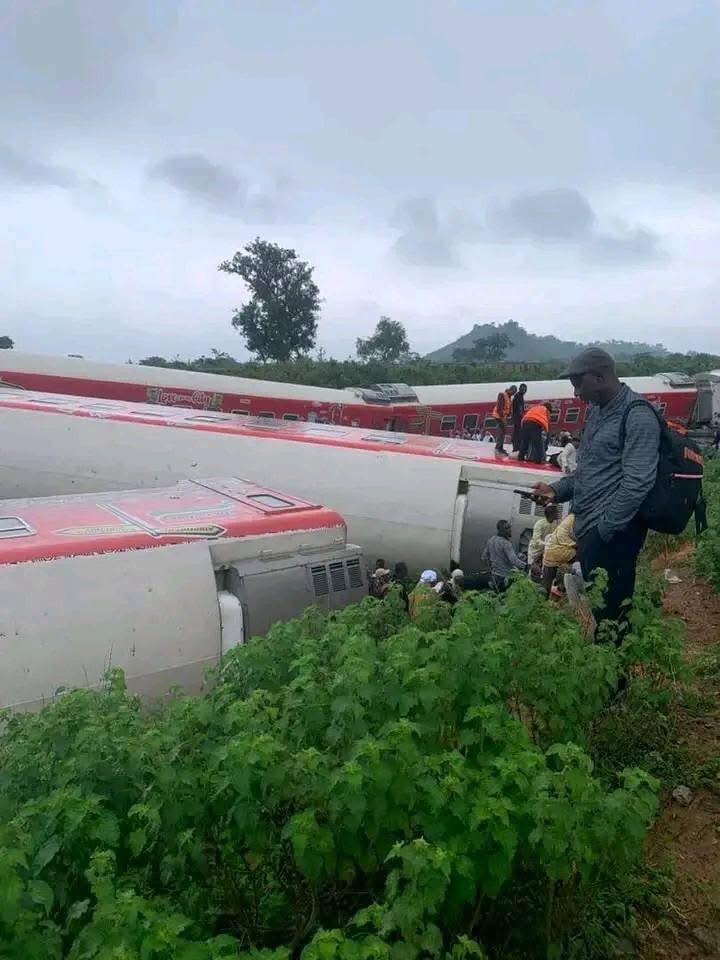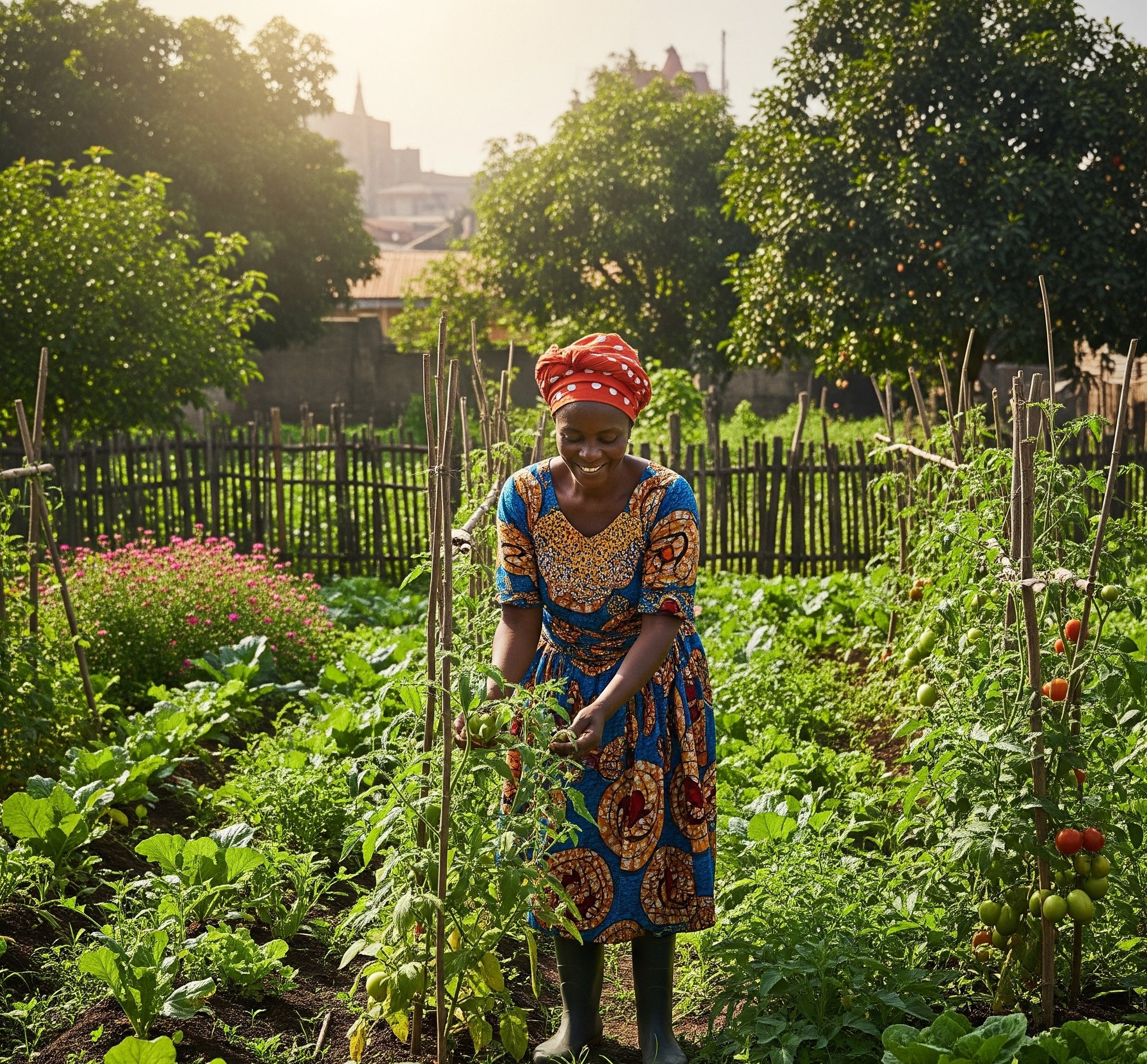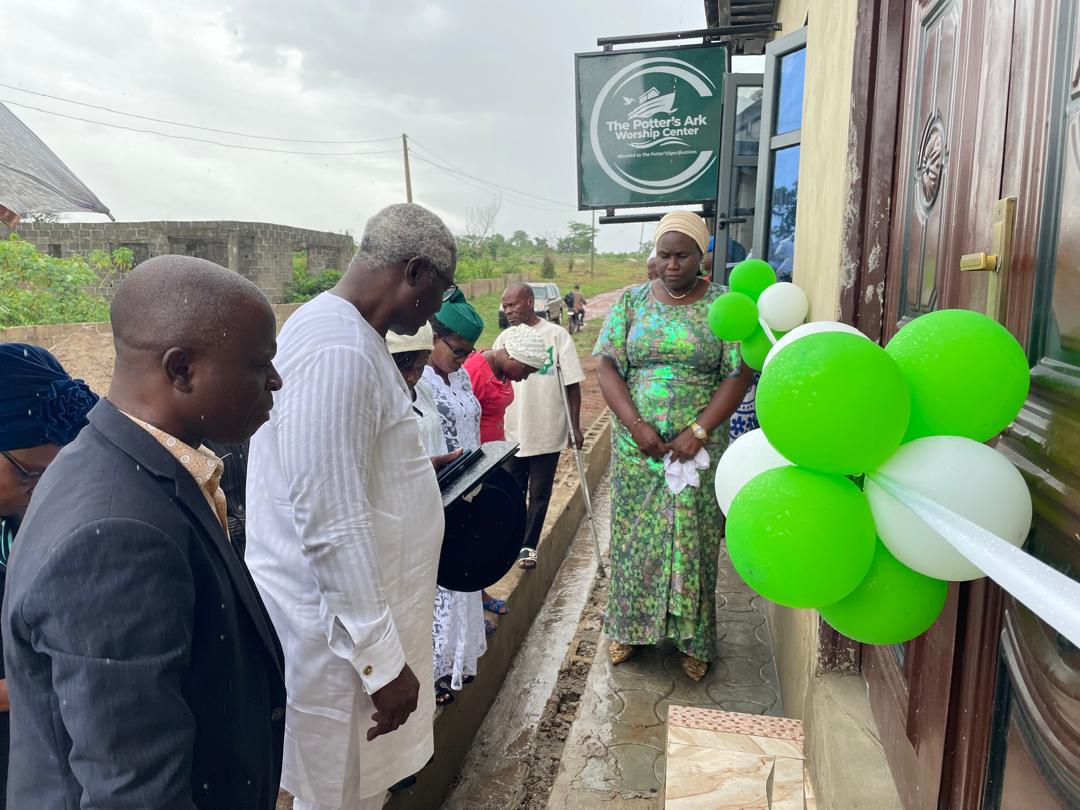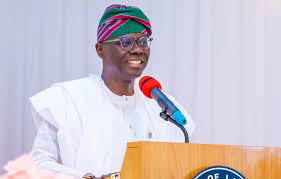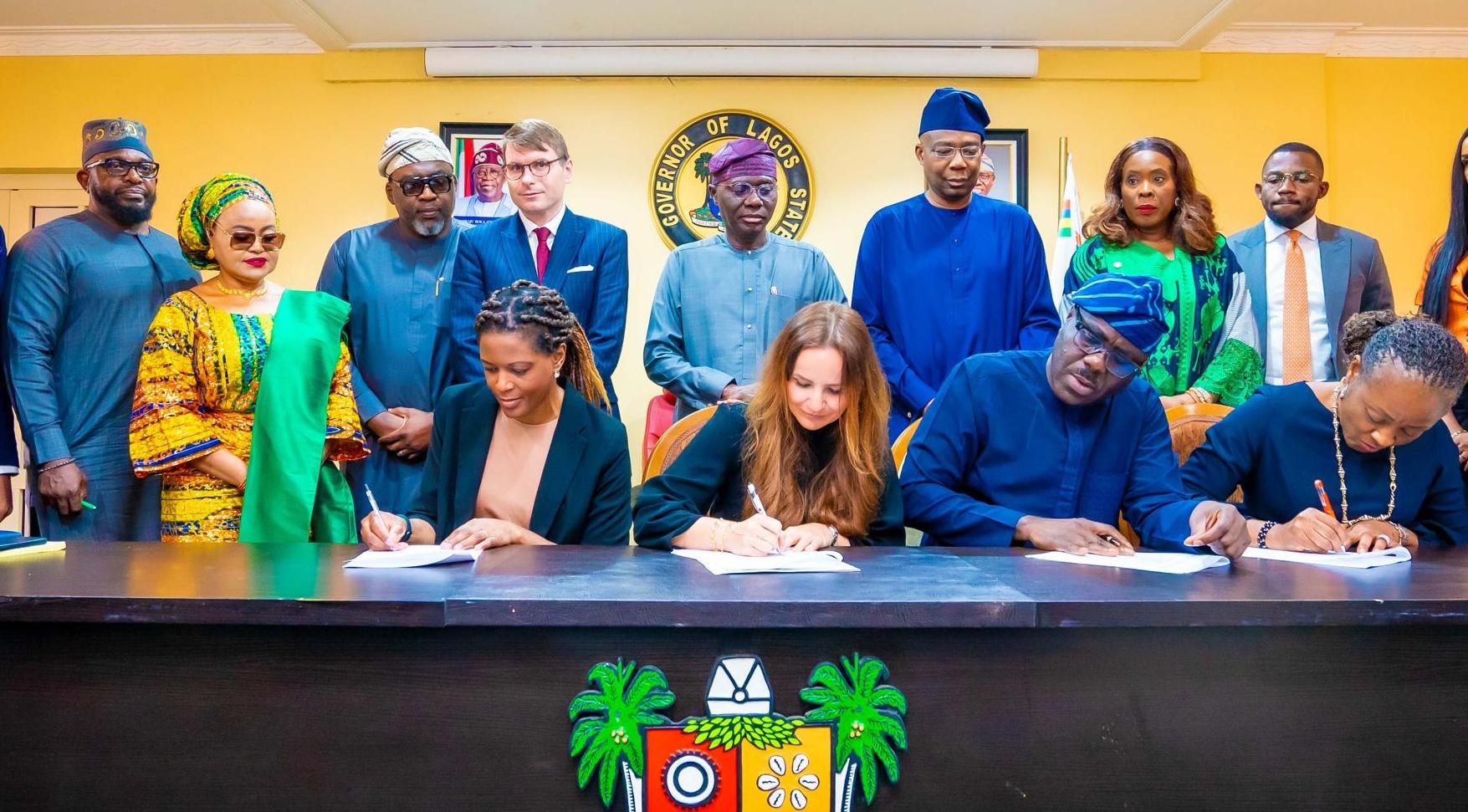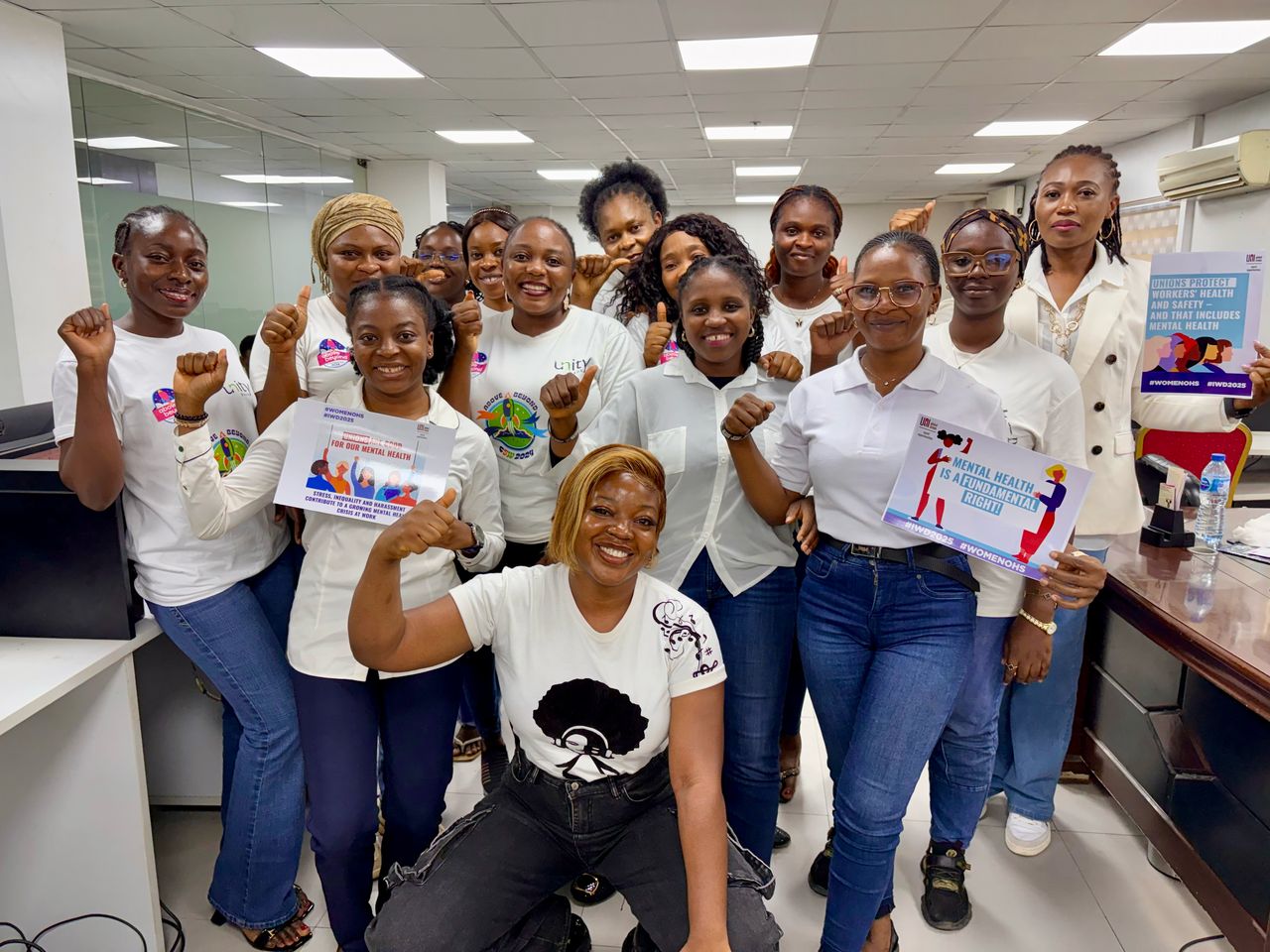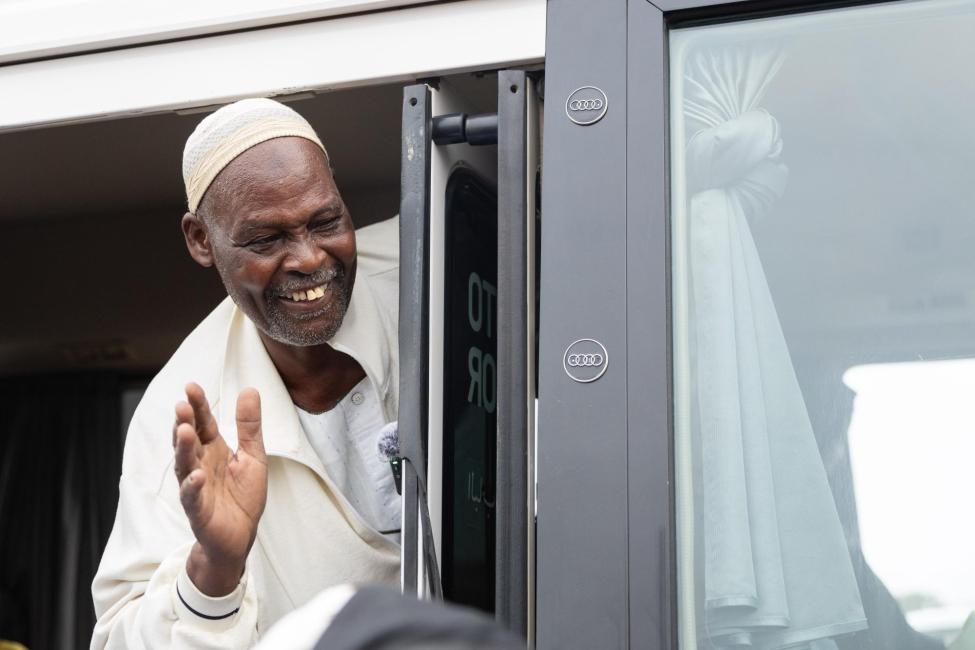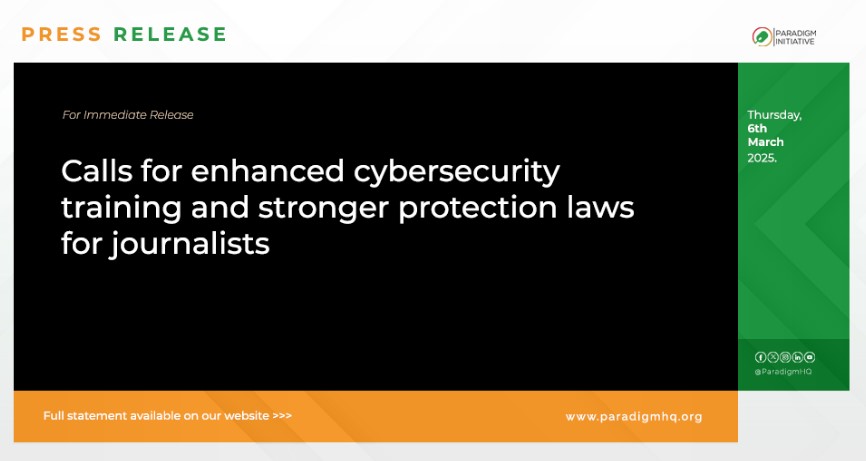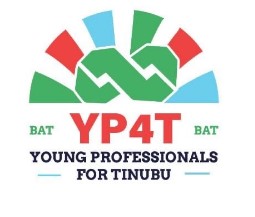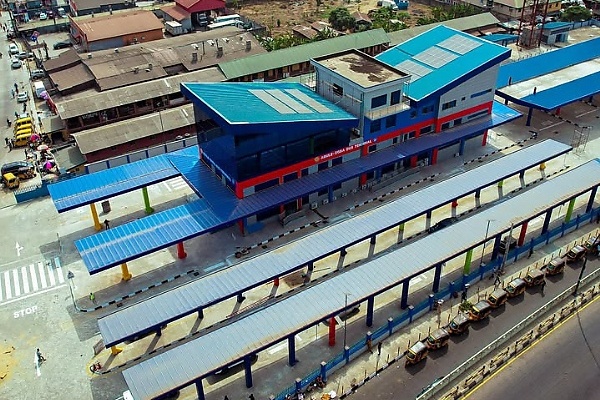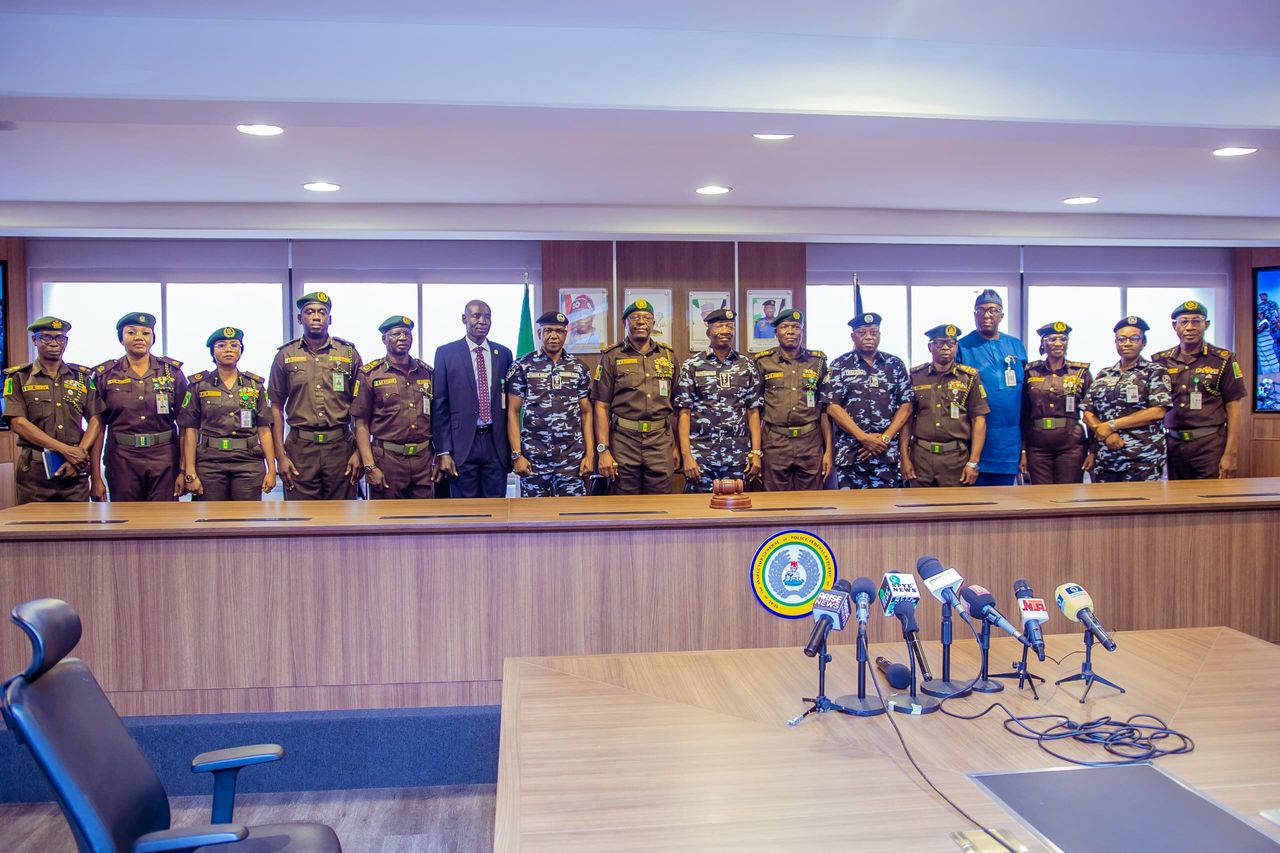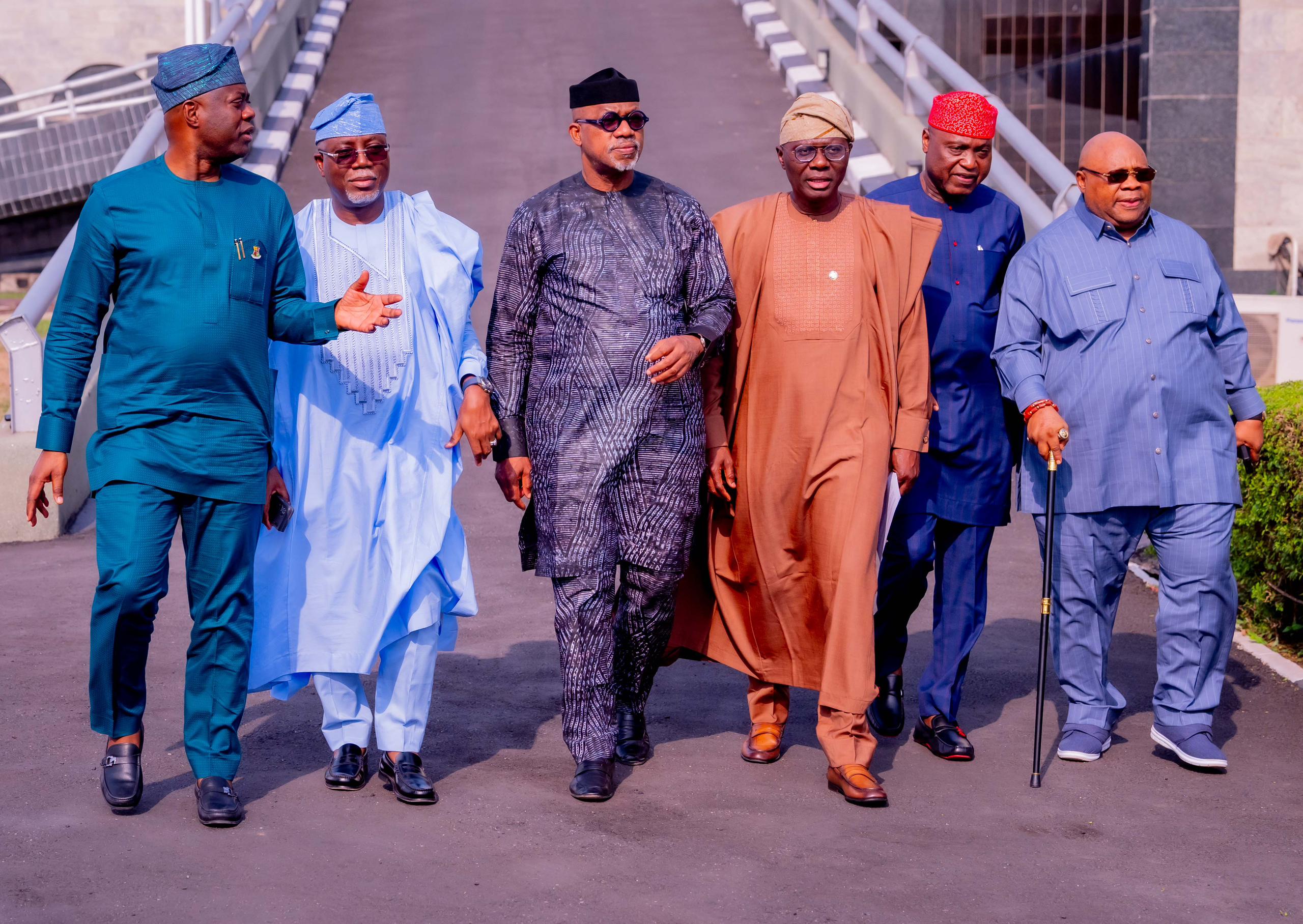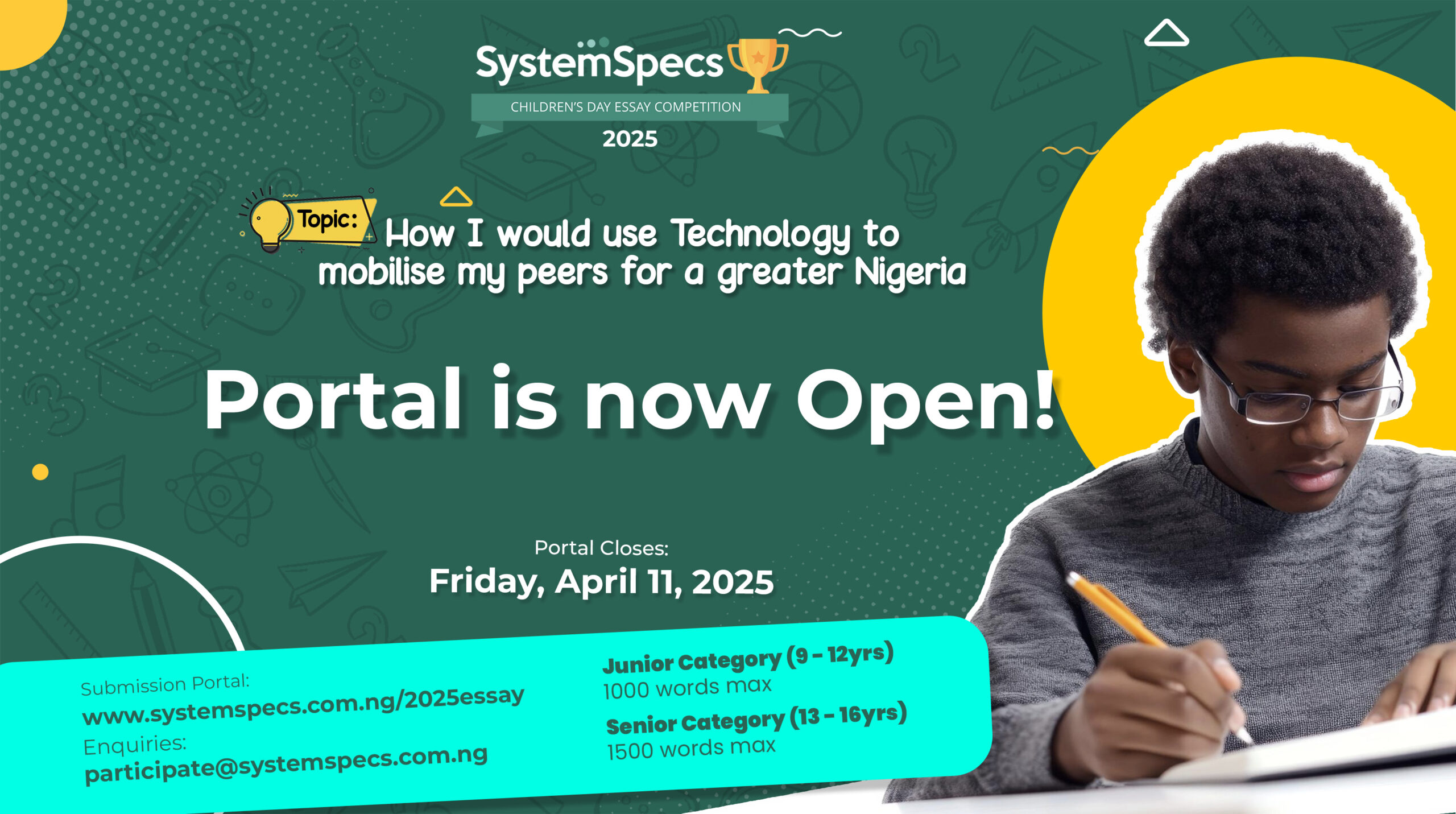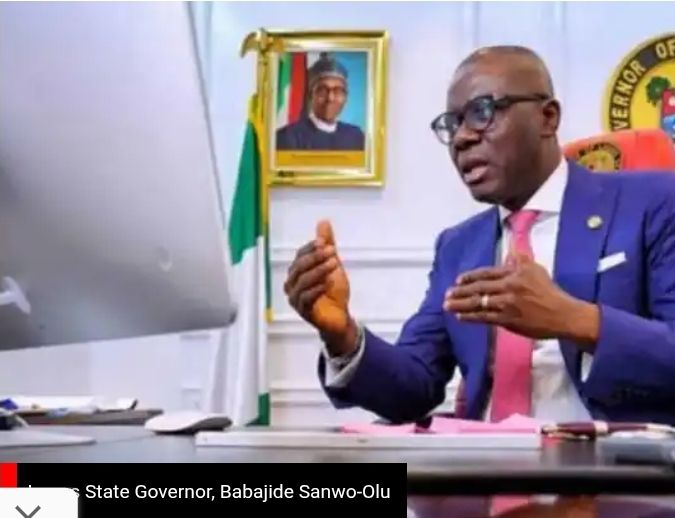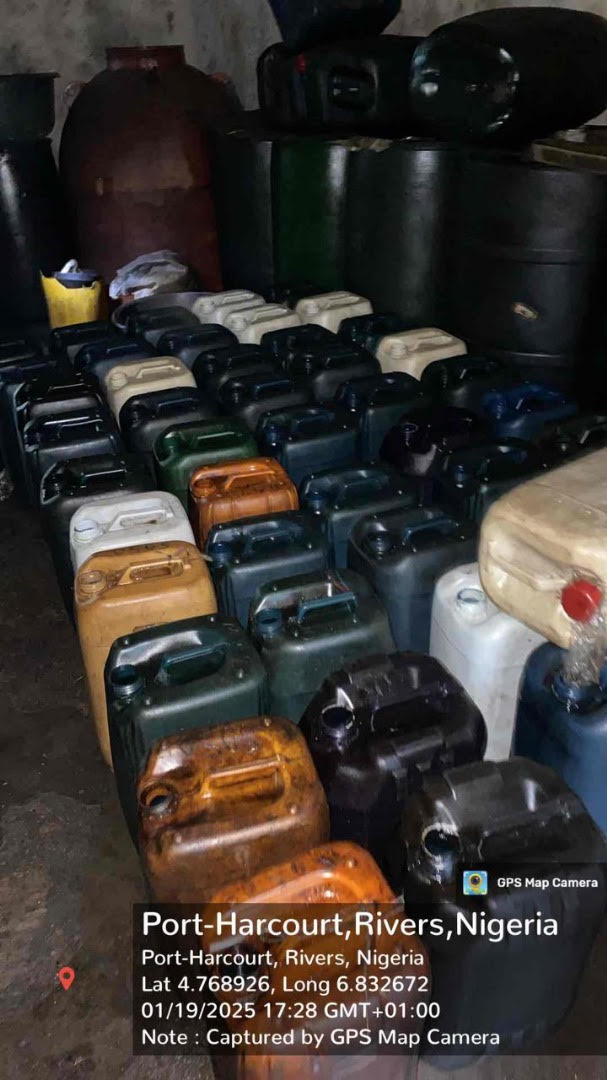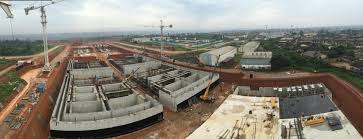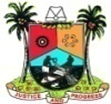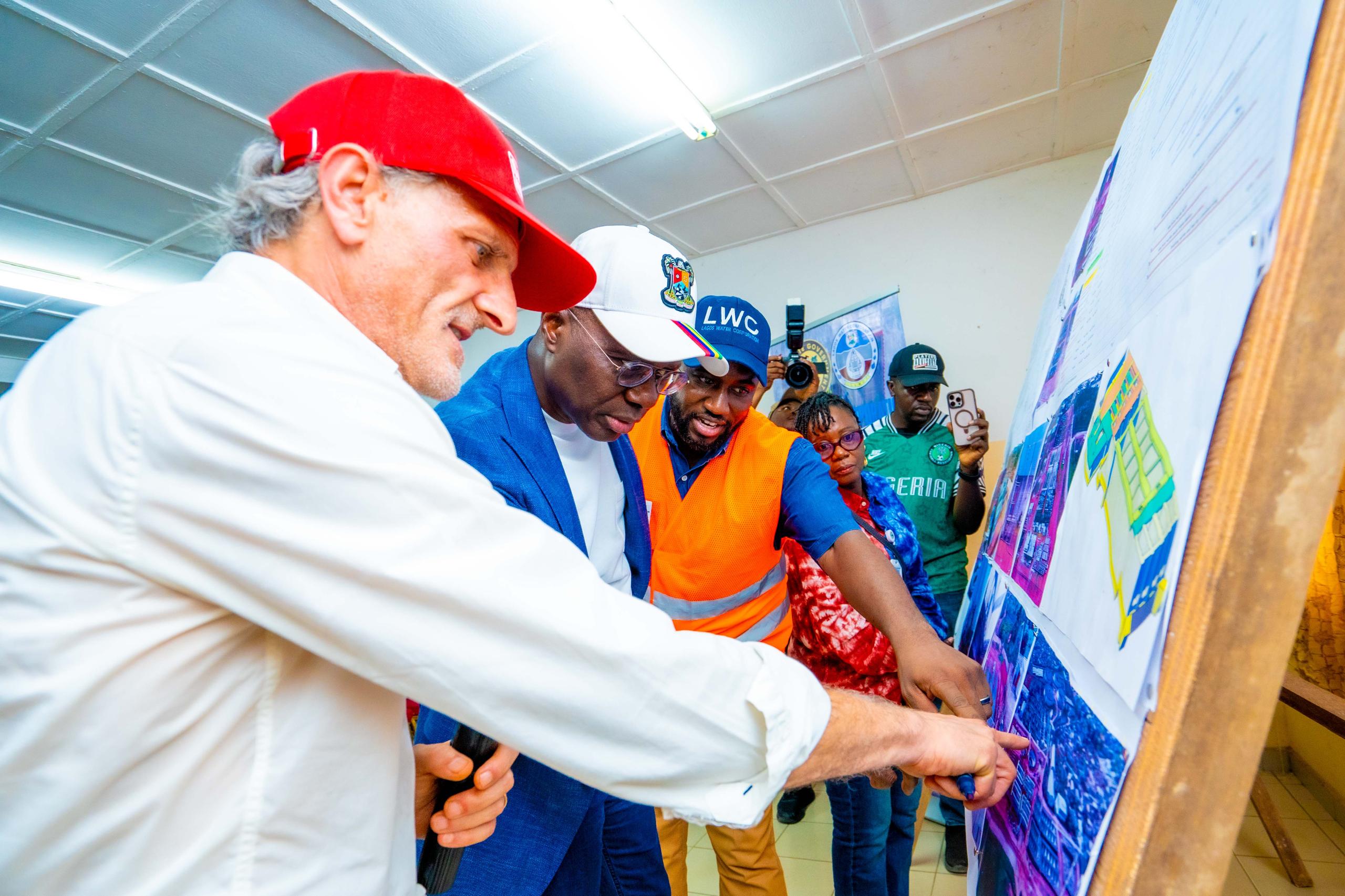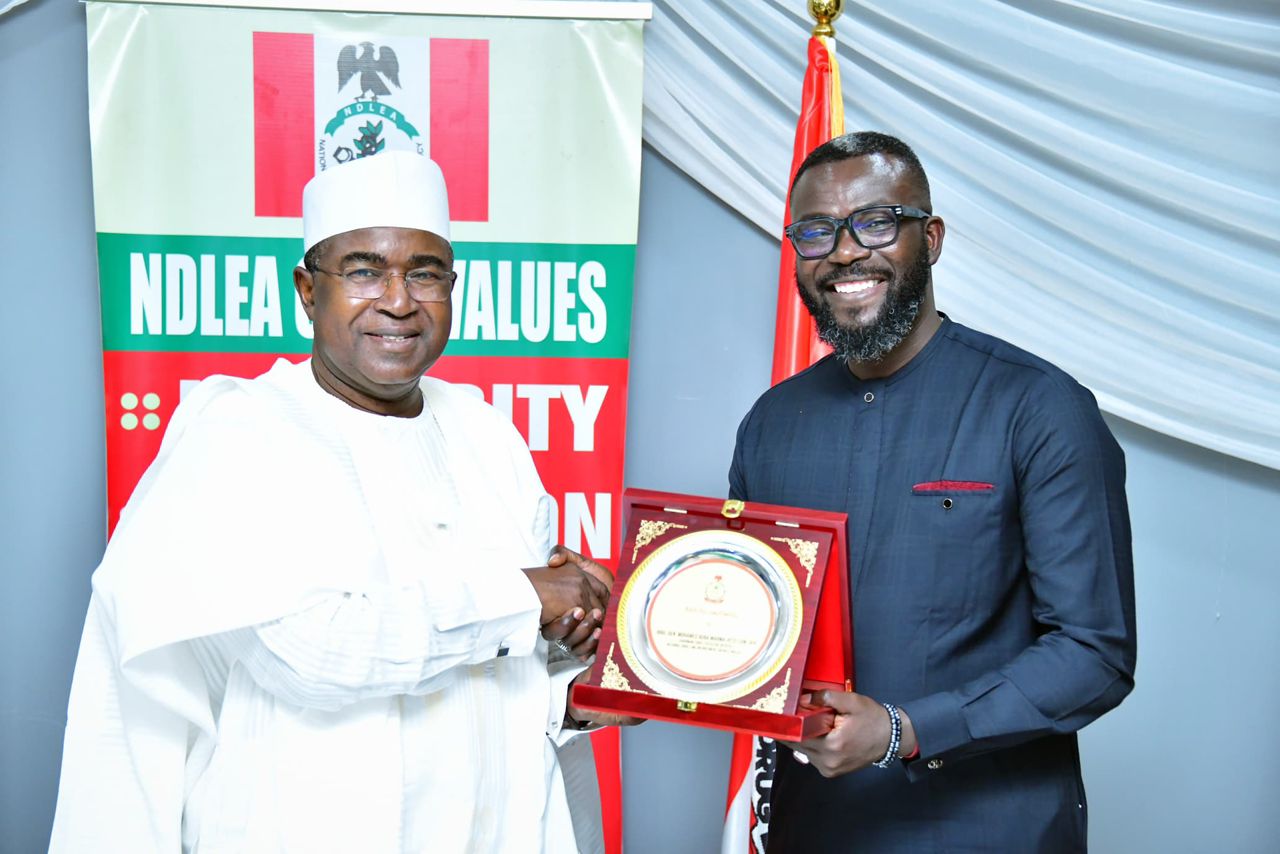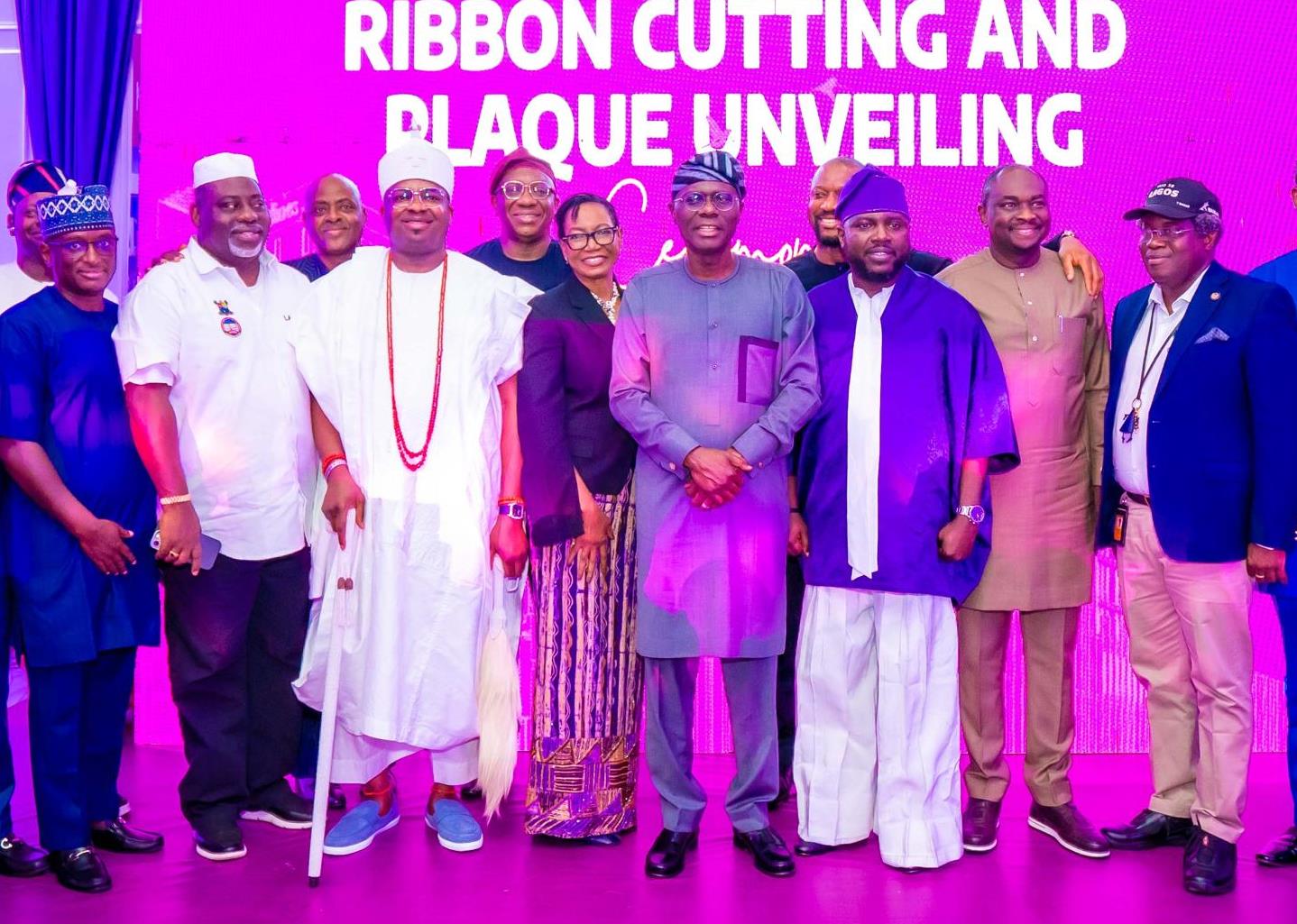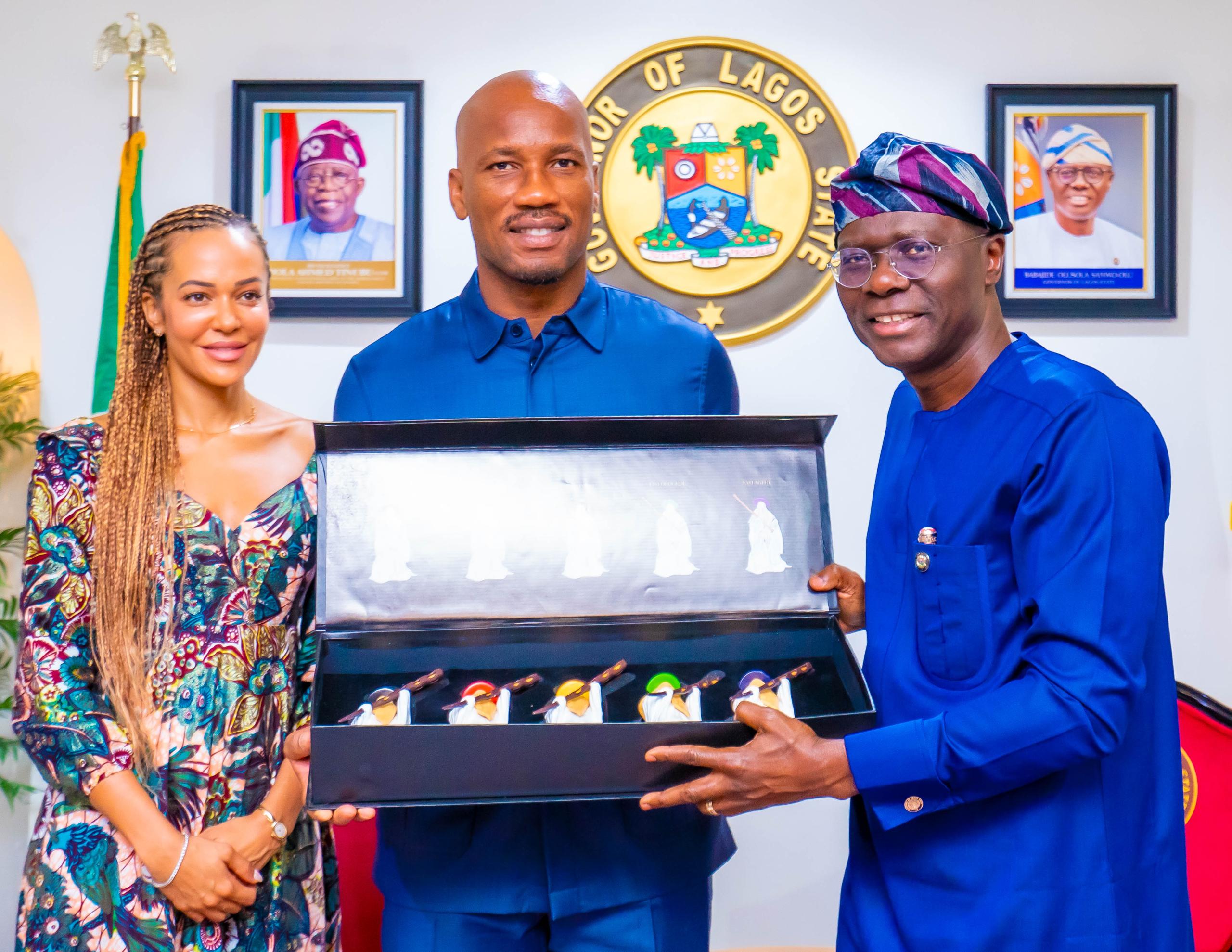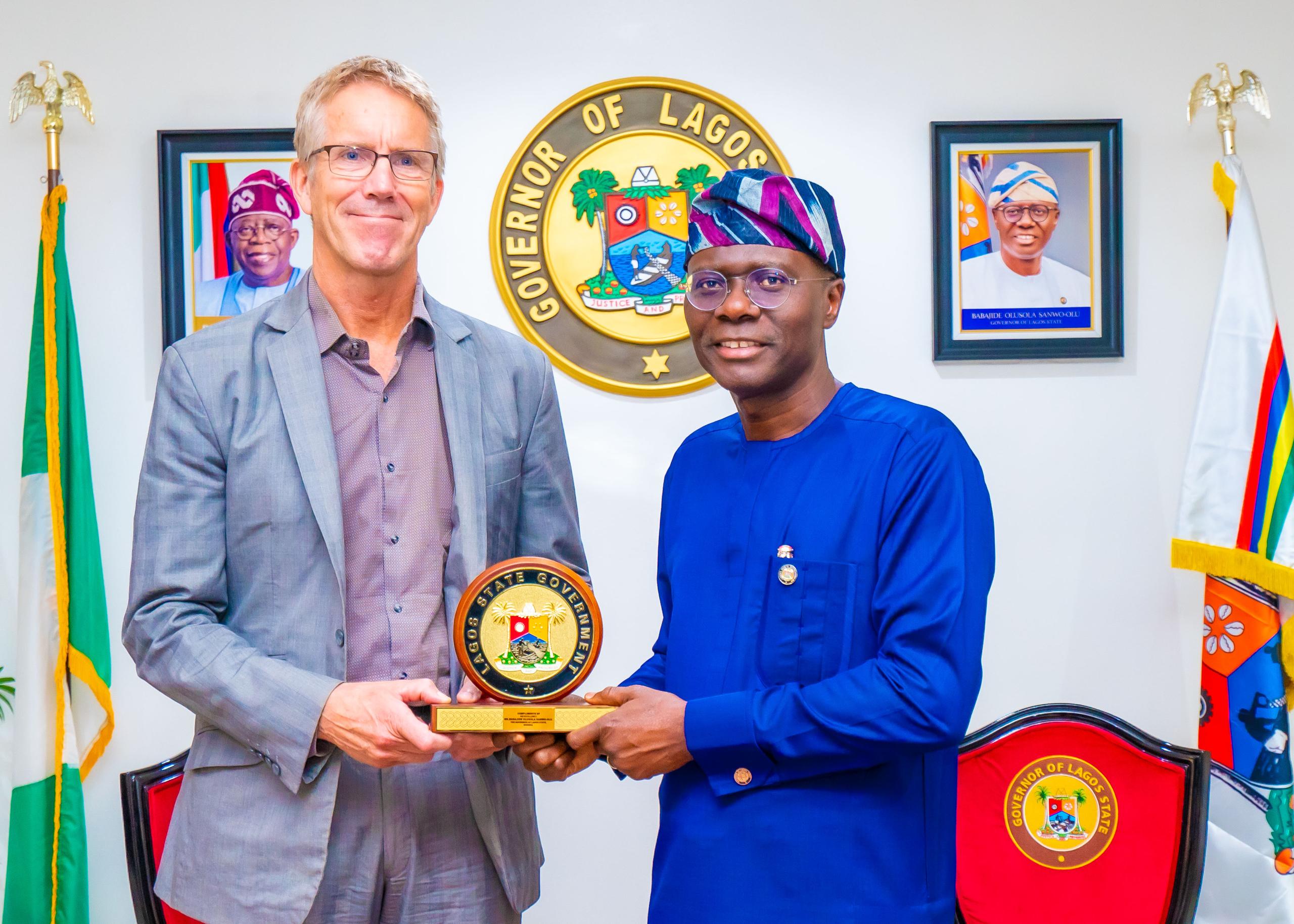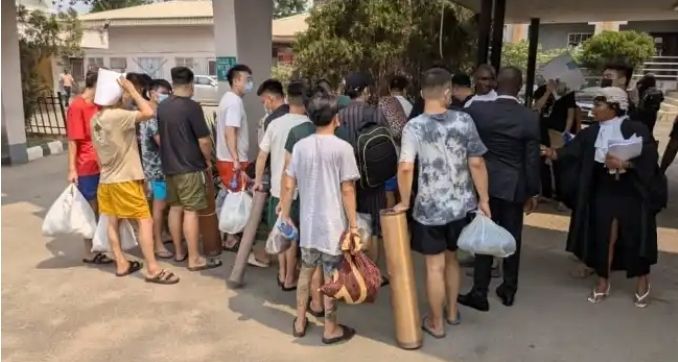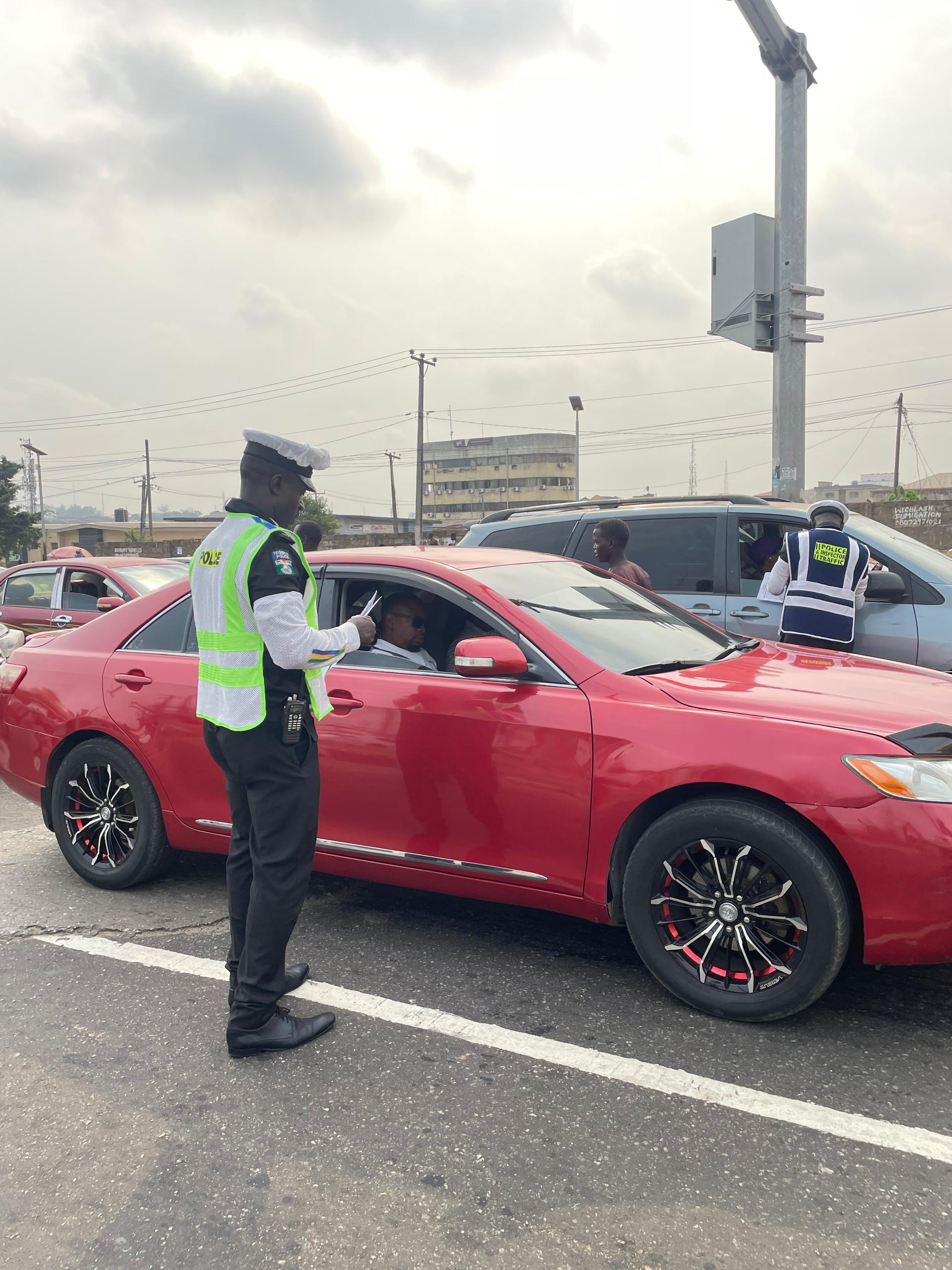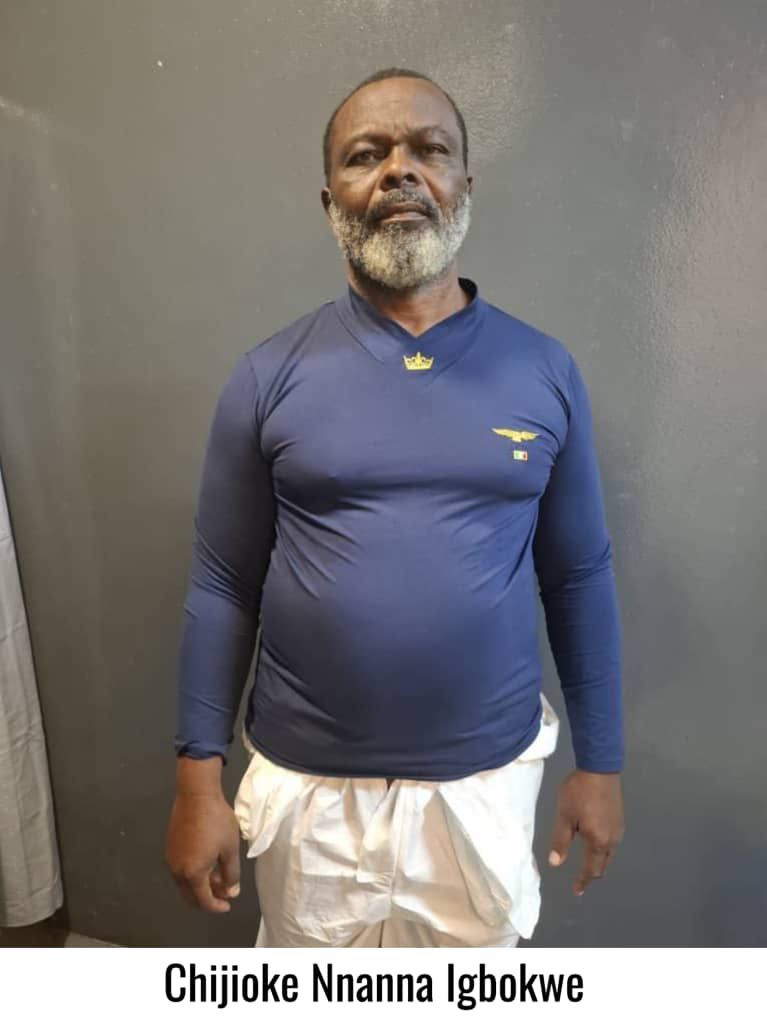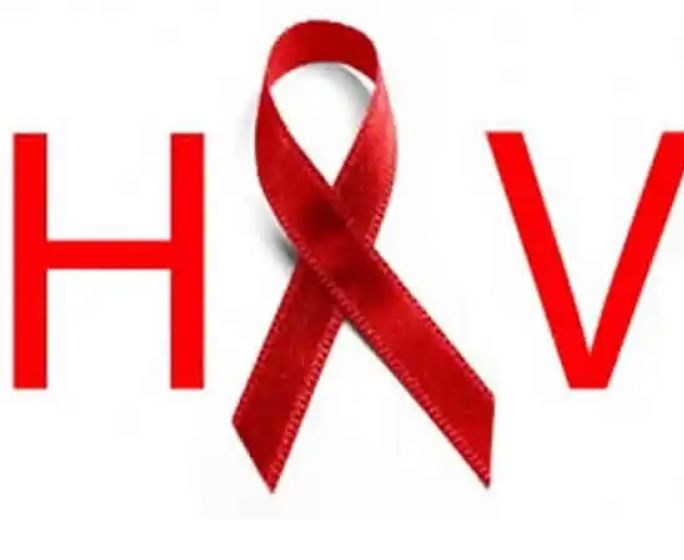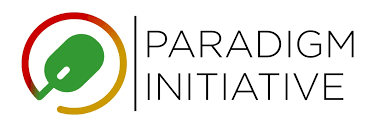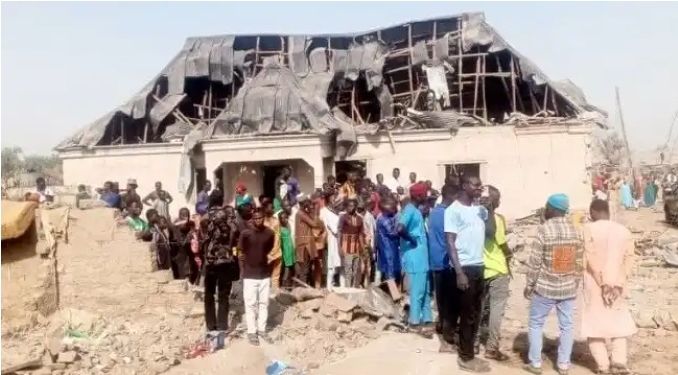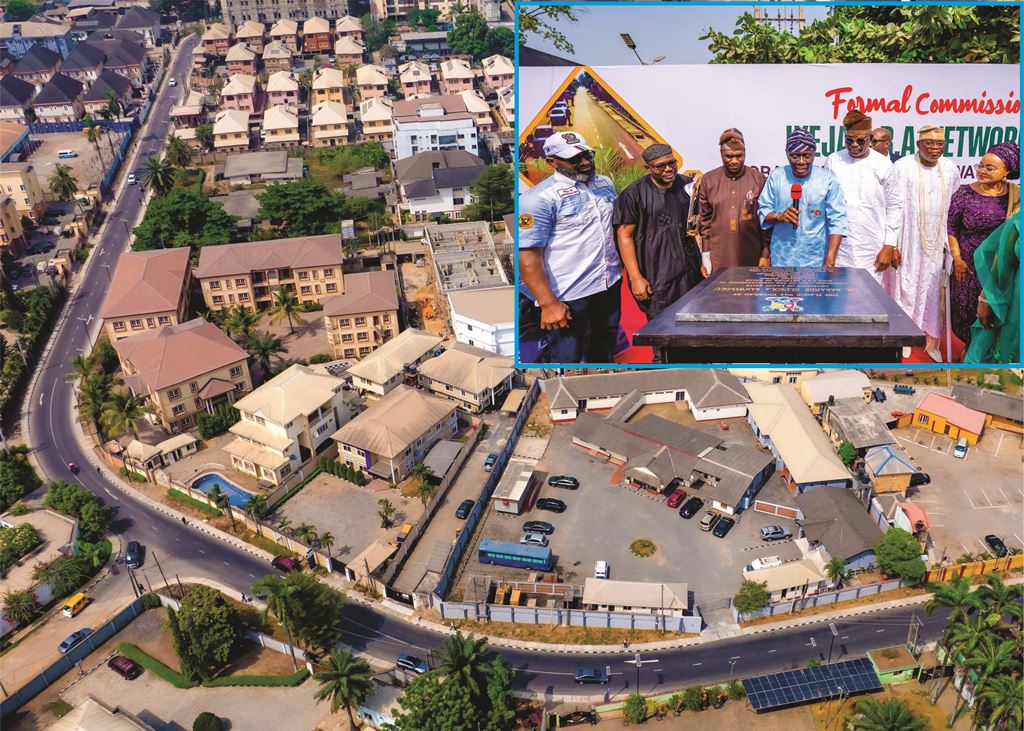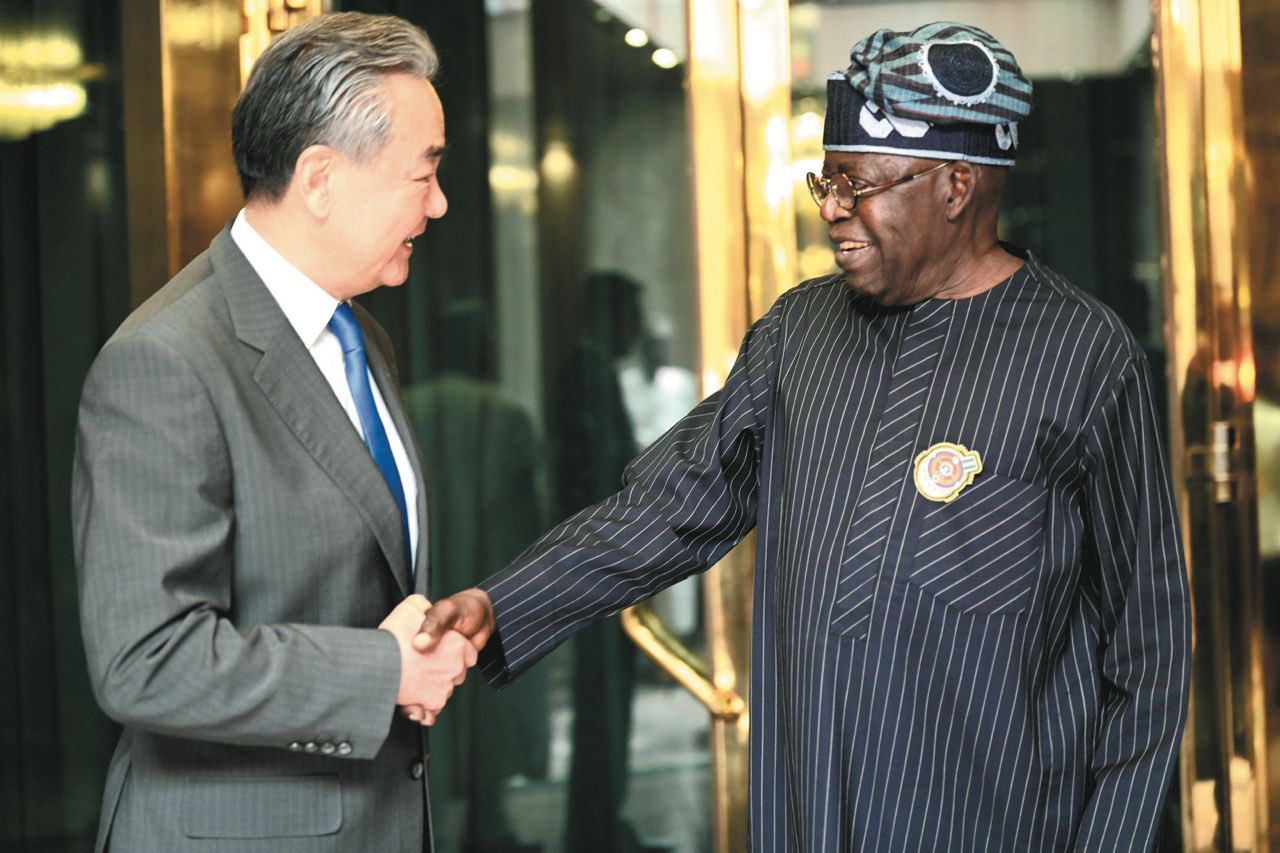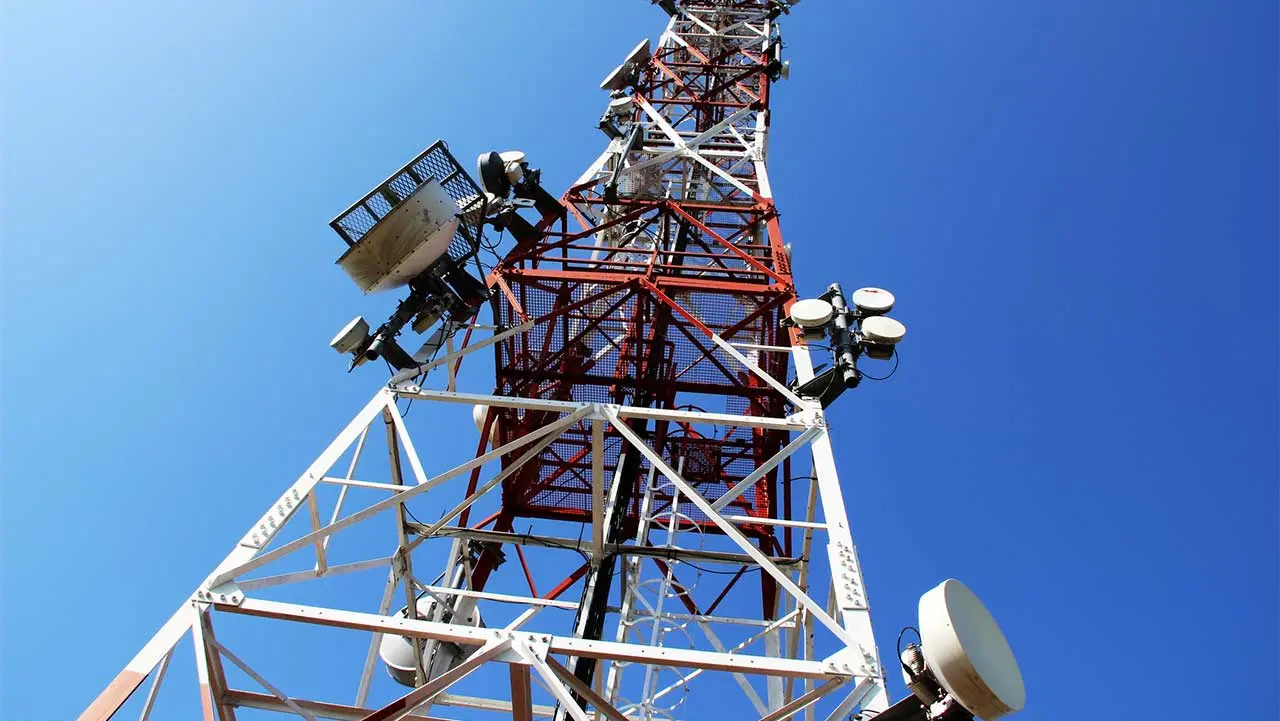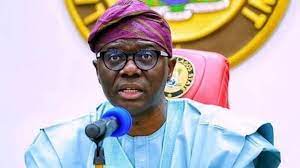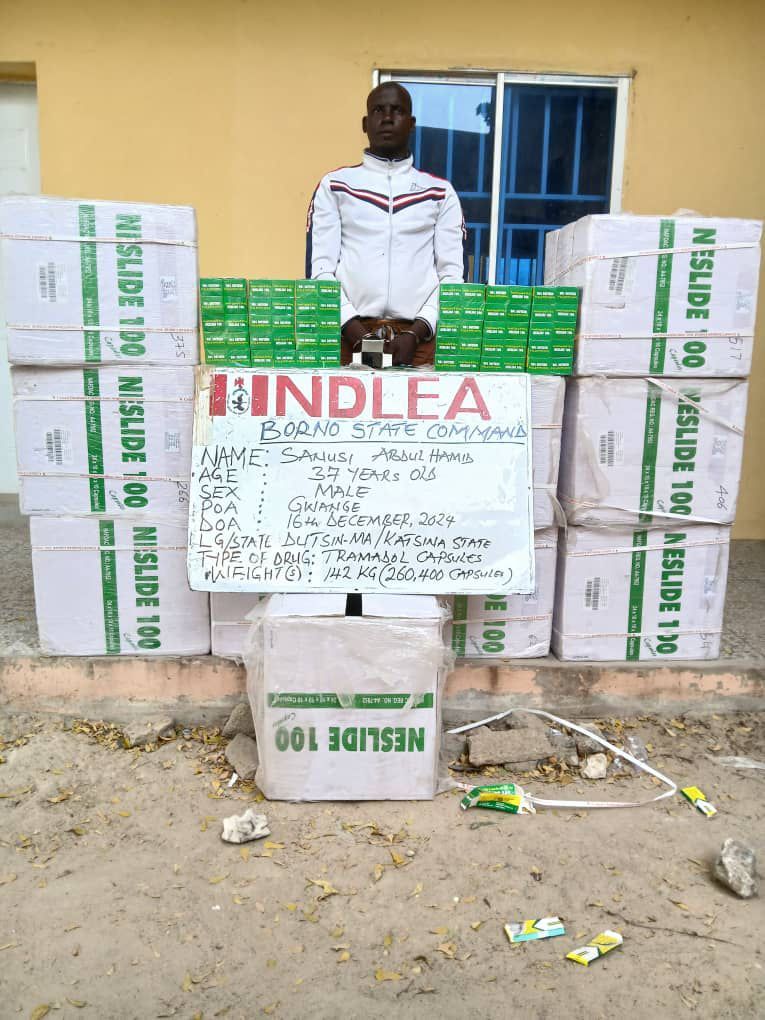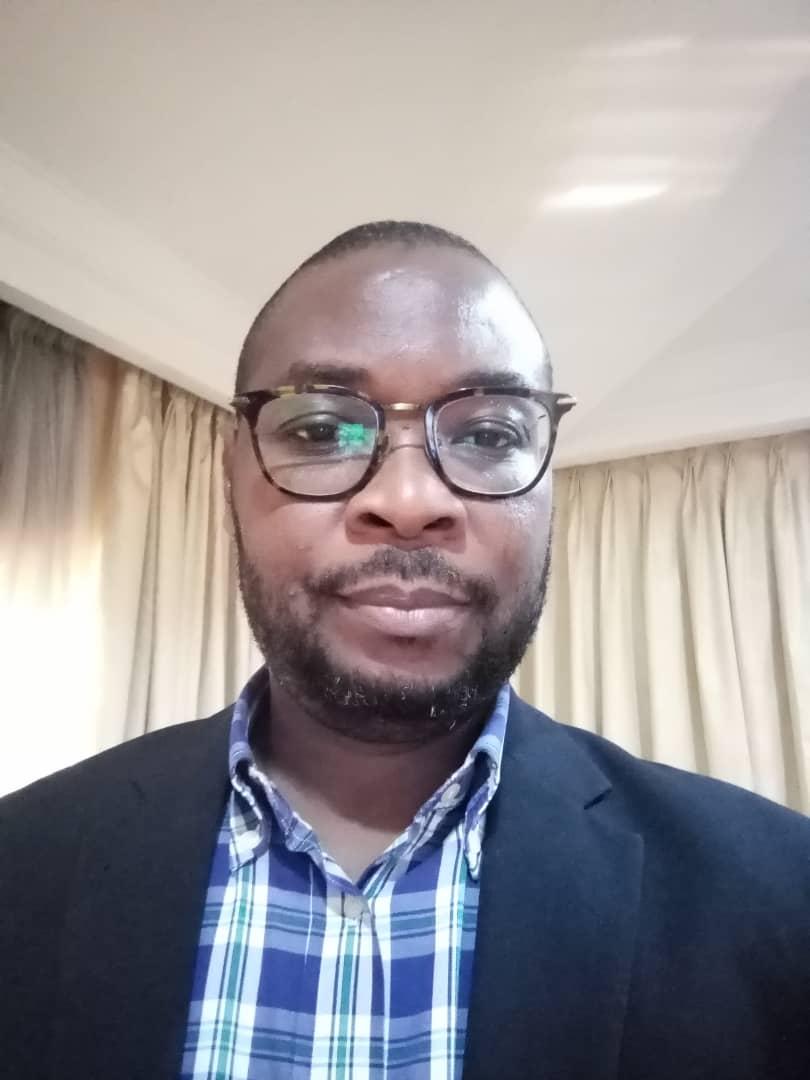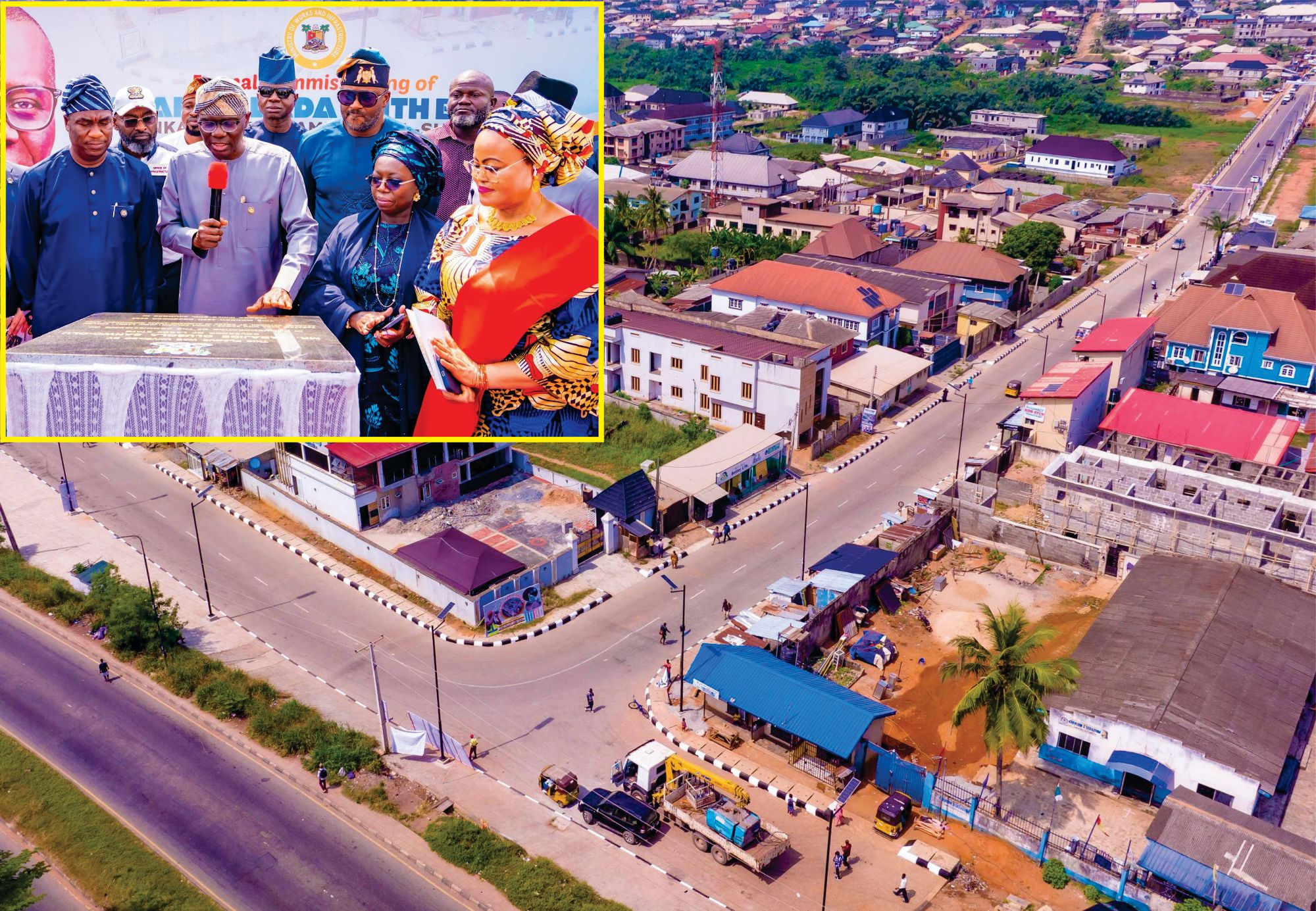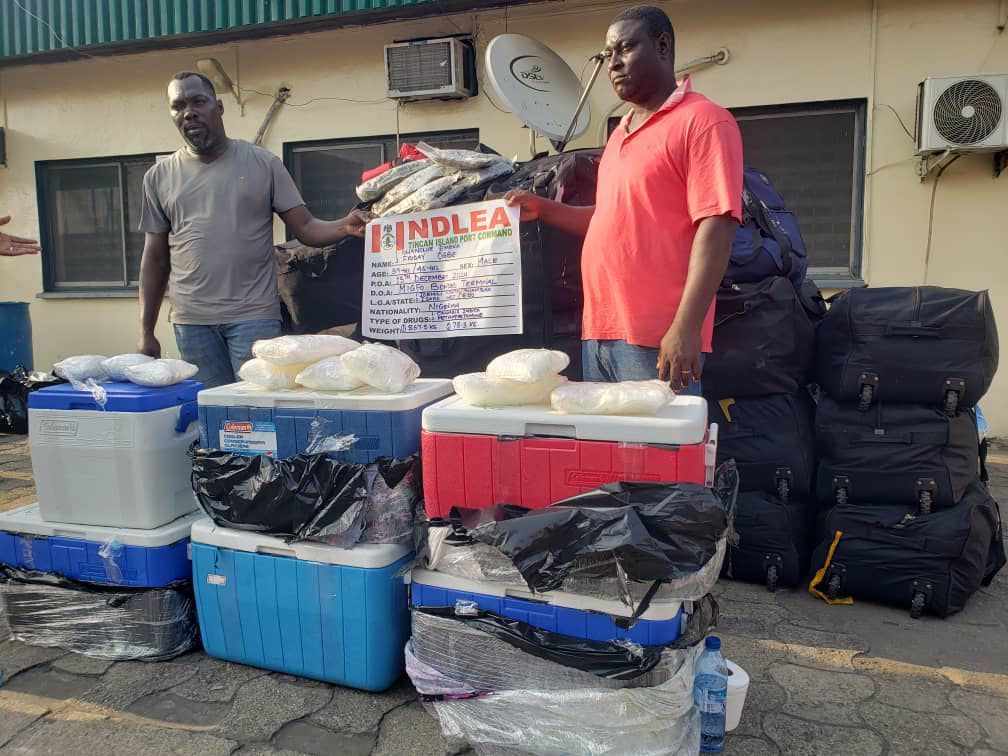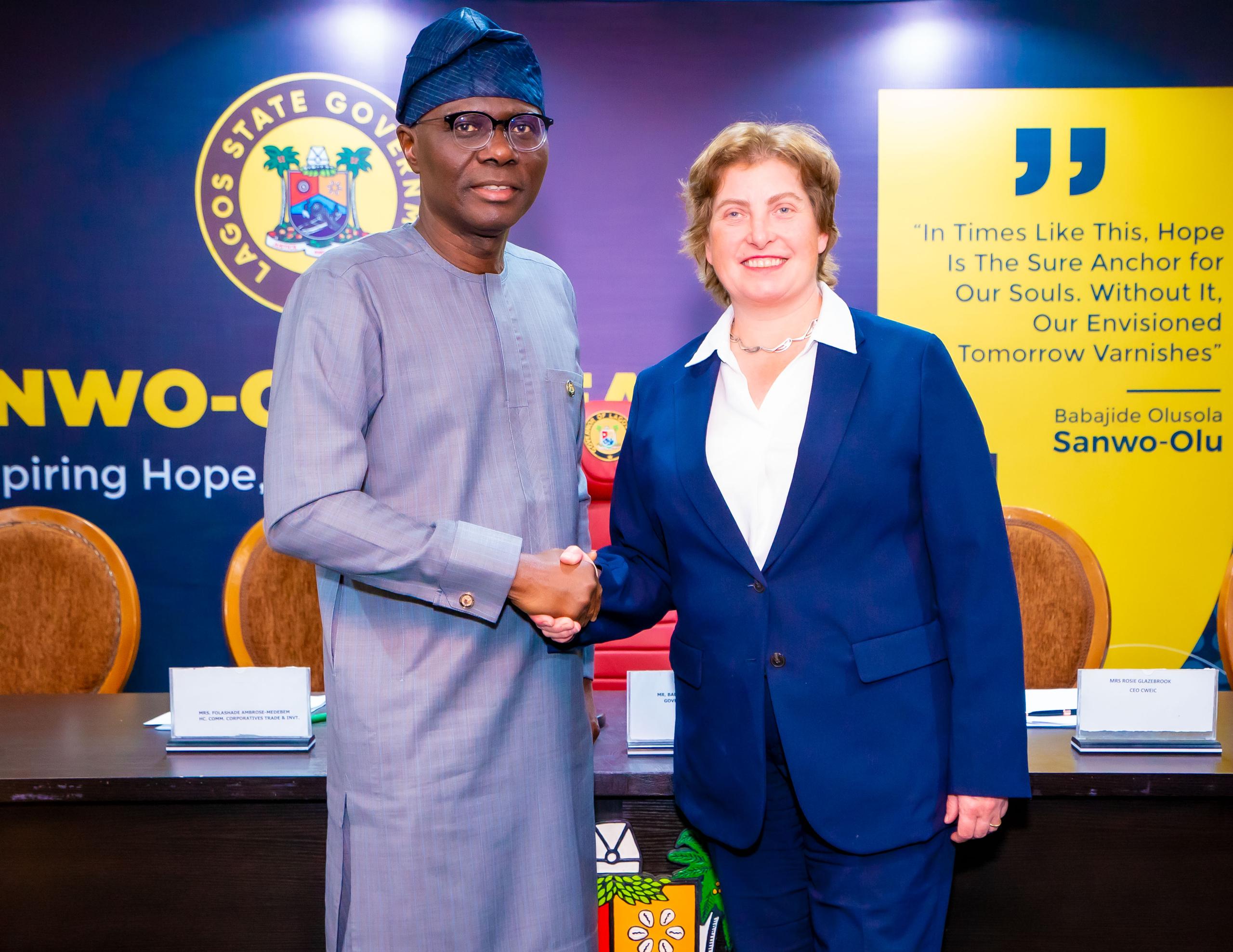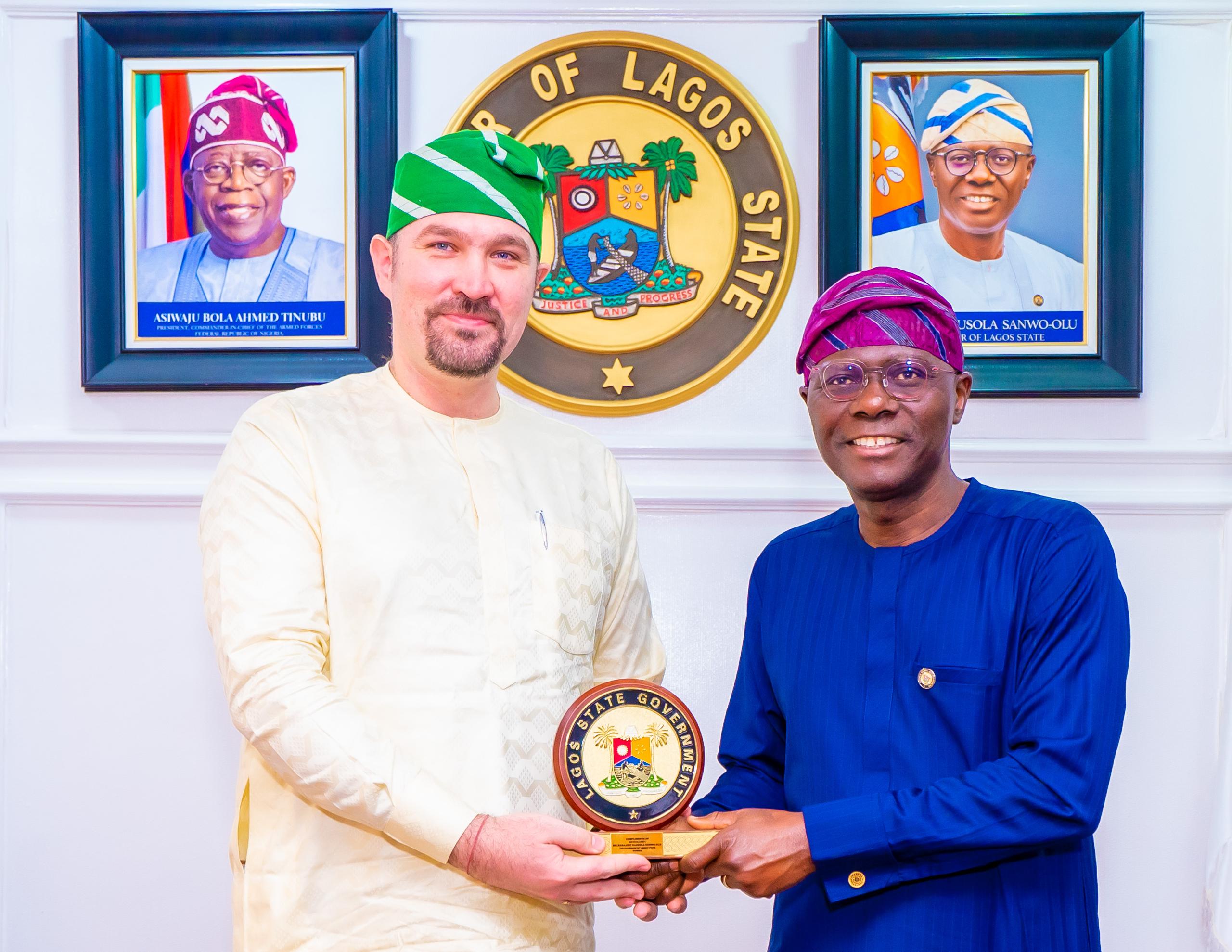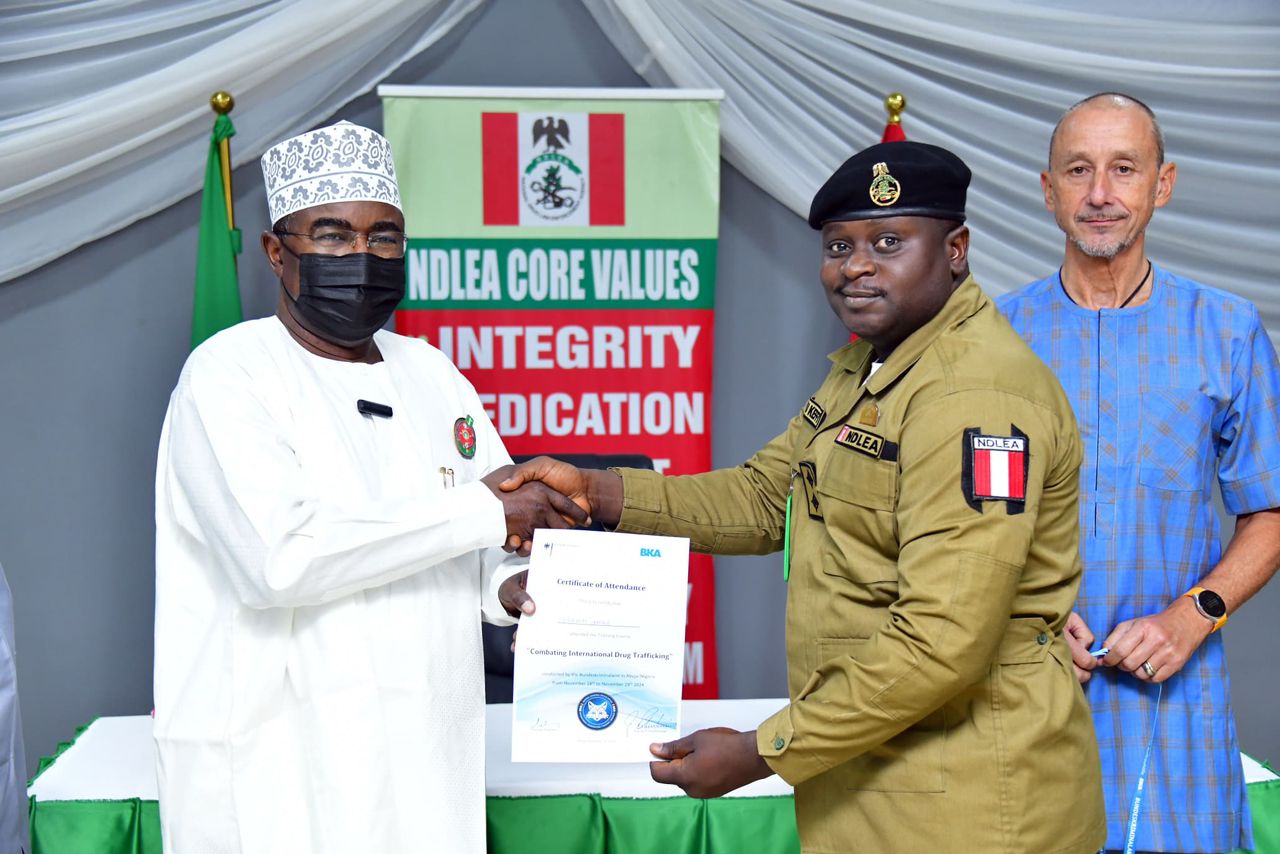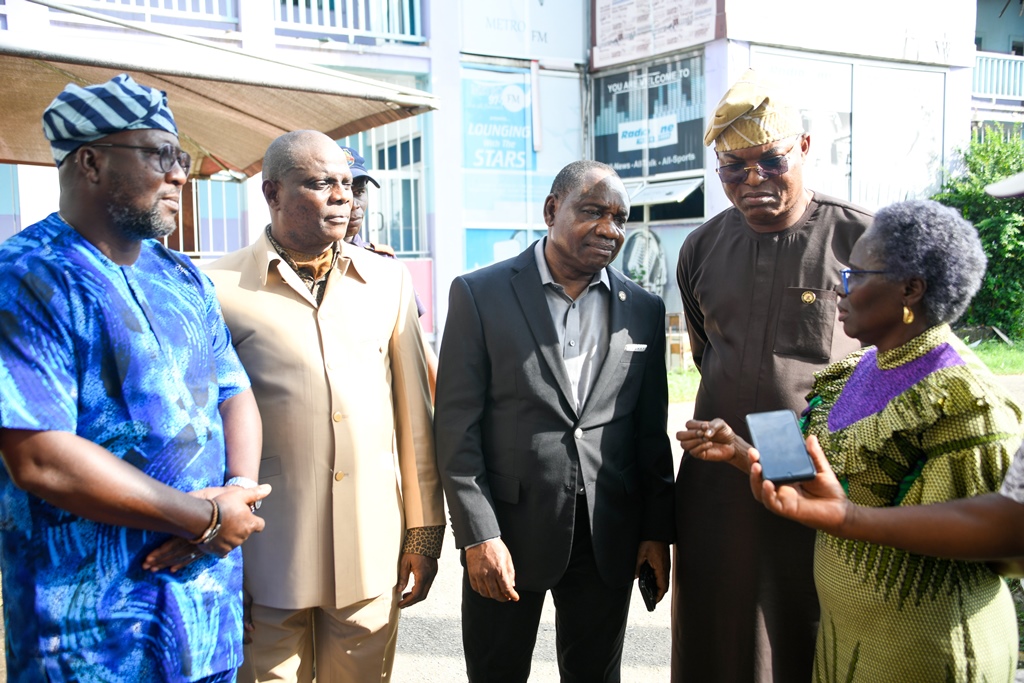· Project designed to reach 1,000 beneficiaries in 10 rural clusters across 10 States
· Targets women and girls, Persons Living with Disabilities (PLWDs)
As part of Nigeria’s National Digital Economy Policy and Strategy (2020-2030) Vision to transform the country into a leading digital economy providing a better quality of life for all Nigerians in 10 years, the UK Government, through its Prosperity Fund Digital Access Programme, has signed a resilience training agreement with Tech4Dev, to carry out Basic Digital Literacy for Rural Clusters in Northern Nigeria to Enhance Pandemic Resilience.
The agreement was signed on the 5th of October 2020, by the Foreign, Commonwealth and Development Office (FCDO), and the Nigerian non-profit organisation Technology for Social Change and Development Initiative (Tech4Dev), and will be implemented across 10 rural clusters in 10 States across Northern Nigeria to demonstrate a scalable, sustainable model for digital skills development in underserved communities in Nigeria.
The programme runs from October, 2020 to February 2021, during which 1,000 beneficiaries who have had little or no prior digital knowledge will undergo a rigorous 12 weeks training required to navigate today’s digital world. The programme is aimed at sparking their interest in gaining advanced digital skills or even pursuing a career in technology. The Curriculum would include computing device and internet usage, digital information handling, online communication, online safety, virtual collaboration and exchanges, etc.
The target audience for the training would be reached by Tech4Dev through advocacy and outreach; community engagement, local community stakeholders, community town criers, local community influencers and the traditional media in these communities.
For the digitally-excluded or underserved groups in Nigeria, this project will help close the digital divide, enable inclusive digital access for all and build communities’ resilience to current and future pandemics.
Speaking on the project, the Deputy High Commissioner in Lagos, Ben Llewellyn-Jones OBE said:
“Nigeria’s Economic Sustainability Plan as well as Nigeria’s Digital Economy Strategy have identified the development of digital skills as key to unlocking economic prosperity for all Nigerians. With social distancing and lockdowns to curtail the spread of COVID-19, digital literacy has become a must-have. But for millions of people who are unable to use technology, the offline world is economically and socially isolating.
“Digital literacy helps vulnerable populations to develop the capabilities needed to leverage technology for business, education and communication. Improving digital literacy helps builds a more prosperous future for all Nigerians. The UK Government is pleased to be able to support this programme to support Nigeria’s economic development and help make more people more resilient in tackling the shared challenge of COVID-19.”
Commenting on the signed agreement from the Foreign, Commonwealth & Development Office (FCDO) in London, the Head of Digital Development and global lead for the Digital Access Programme, Alessandra Lustrati, said:
“The Basic Digital Literacy for Rural Clusters in Northern Nigeria Project aligns with Sustainable Development Goals related to education, reduction of poverty and inequality, and contributes to digital inclusion as a key enabler of local development processes. By investing in digital literacy for disadvantaged people living in rural clusters in Northern Nigeria, this project will contribute to reducing vulnerability by enabling access to vital information, increasing employability of beneficiaries and reducing the gap in the digital skills needed during this pandemic.
“The project will introduce beneficiaries with little or no prior digital knowledge to basic digital literacy across 10 learning tracks in 10 different rural clusters across 10 states in Northern Nigeria targeting vulnerable groups from the perspective of gender, disability and socio-economic status. This pilot will directly benefit 1,000 people, and even more importantly, it will serve to demonstrate a scalable, sustainable model of digital skills development which public and private stakeholders can further invest in. The Digital Access Programme team is delighted to have supported the design and launch of this project, and we will be actively monitoring its impact and emerging lessons over time.”
Also reacting, The Executive Director of Tech4Dev, Diuwura Oladepo said:
“In the fourth industrial revolution, basic digital literacy is a fundamental human right because every aspect of our lives is defined and shaped by technology. No one should lack access to opportunities due to their lack of digital skills regardless of their gender, race, and social status or as a person living with disability”.
“The basic digital literacy for rural clusters in norther Nigeria significantly marks a continuation of our mission to ensure that everyone, especially vulnerable people within underserved communities has access to the right digital skills development opportunities, which would in turn help to lift them out of poverty and create inclusive economic prosperity for all.”
· The Digital Access Programme is a UK Government Prosperity Fund flagship initiative led by the UK’s Foreign, Commonwealth & Development Office (FCDO) in partnership with the Department for Digital, Culture, and Media & Sport (DCMS). The programme covers five countries: Nigeria, Kenya, South Africa, Brazil and Indonesia.
· The objective of the Programme is to catalyse affordable, inclusive, safe and secure digital access for underserved or excluded populations, and to use increased digital inclusion as a basis for a more thriving local tech ecosystem, generating skilled jobs and innovative solutions for local development challenges



